A Star’s Lover: Episode 1
by javabeans
I wasn’t sure how I would feel about SBS’s A Star’s Lover. I approached it hesitantly, because (1) Hype often leads to disappointment, and (2) I know by now that series descriptions don’t really adequately portray the actual product.
So it is with a bit of relief that I say: I liked A Star’s Lover. It has a lot of pluses, such as gorgeous cinematography (particularly in Japan), wonderfully evocative music, and great casting. But what struck me most was its unusual tone — there’s a touch of whimsy to the drama, which is reminiscent of things like Pushing Daisies or Big Fish. The hint of “magical surrealism” is not nearly as overt as in either Daisies or Fish, but it works well to create a feel that’s a bit different. It’s refreshing.
SONG OF THE DAY
Oldfish – “좋은생각이 날것같아” (I think I’m about to have a good idea) [ Download ]
Audio clip: Adobe Flash Player (version 9 or above) is required to play this audio clip. Download the latest version here. You also need to have JavaScript enabled in your browser.
BACKGROUND & SETUP
First off, I was wary because I have not liked writer Oh Soo-yeon‘s previous work, namely Winter Sonata and Autumn Fairy Tale. This puts me into a minority of kdrama fans, I think, but I could not stand their overwroughtness, their tearjerker Sturm und Drang. If this drama takes a turn for tragedy, I’m out, but my initial impression was that this will not go that way.
The casting is spot-on with Yoo Ji-tae and Choi Ji-woo. I wondered whether this drama would mirror too closely Notting Hill, since you have a bookish man paired with a super-famous star. There’s a touch of Something About Mary built in, too, with the star Mari (Choi) leaving behind her a trail of broken hearts and egos.
But thanks to the very different tone, A Star’s Lover doesn’t really feel that much like those movies. I wouldn’t say this a serious drama, but it’s not a comedy, either. There are light moments, but it’s not a humor-driven series, so I’d call it simply a romance drama.
Choi’s super-star Lee Mari is pretty much what you’d expect her to be — her image is glamorous, polished, and highly managed by her representative, the shrewd CEO Seo Tae-seok. Mari’s management team forms her inner circle, but we’ll get to them more later (they include her manager, her road manager, and her hair and makeup stylist).
In the episode, they have a little fun establishing Mari as Korea’s top actress, who’s taken roles as a woman dressing as a man (a jab at the current trend), a nun, a biker chick gangster, and more. Choi is essentially playing herself, with Mari shaped around Choi’s own image.
Yoo’s Kim Chul-soo, on the other hand, is a serious, almost dour character. He’s a junior literature professor who doesn’t make much money and may be in danger of being fired next semester because he’d clashed with a senior professor.
Chul-soo’s friend Byung-joon (above) is a bit goofy and has a huge crush on Mari. Chul-soo lives (and his younger sister Yuri works) at a restaurant operated by his aunts. The eldest aunt is tough on the outside, while the other two have a penchant for tacky clothing and gossip. They’re all good-natured at heart, though.
Chul-soo once harbored dreams of being a novelist, and is a literary “purist” — he lectures that ghostwriting is eeevil and dishonest and the Lowest Form of Writing, like, EVAH. (Well, it’s more about how it’s fraudulent to take credit for another’s writing.) He pushed his writing dreams aside to go into teaching, which at least made money. It seems that he only gave up writing through a sense of duty, however, as the male head of household and such as. He is loyal and thoughtful, but circumstances of his life have made him withdrawn; while he harbors hopes and dreams like the rest of us, he lives with rather little joy.
EPISODE 1 RECAP
We start off establishing a fantasy element right off the bat as Chul-soo narrates his childhood story almost in the form of a fairy tale. A boy and girl play on the beach, serving as faceless metaphors, but we get the hint that perhaps they’ll later be revealed as Chul-soo and Mari.
The story unfolds: A young boy was once abandoned by his father, who left his son his fold-up keyboard as his only parting gift.
The boy’s mother, a cabaret singer, likewise abandoned him, leaving the boy to take care of his baby sister. She had drawn a line in the ground and told him not to cross it, then walked away. The boy dared not disobey and cross the line.
(The whimsical tone aids in scenarios like this — if this were shown as a straightforward flashback, we may have a hard time accepting that the boy didn’t cross the line. But with this fairy-tale-ish atmosphere, somehow it works.)
The boy therefore knew little of love, though he harbored the hope that maybe, if he were really good, his parents would return to him. He immersed himself in books, but his parents never came back.
Next door to the boy lived a little girl, who did know love. Her doting parents raised her in an idyllic childhood, until one day they took a boat ride and were lost in a storm. Thus ended her days of love.
The girl (cameo by Park Bo-young) was sent off to live with her stern aunt, and became the brunt of all the schoolchildren’s jeering. But the day her tormentors realized her beauty, she was treated better. And so, the girl figured out how to receive love again — because “she realized that life becomes easier when you have earned people’s love.”
The girl ran away from home to pursue a new life, and was working in a beauty salon one day when a man saw her with a director’s eye, and recognized her potential.
The girl took her opportunity and ran with it, impressing everyone with her emotional acting, and eventually became… Choi Ji-woo! Er, I mean, Lee Mari.
Now we are in the present day, when Chul-soo is conducting a university literature class (although his female students keep interjecting with personal questions, smitten by his good looks). Asked why he was born with such a common name (Kim Chul-soo is like the American equivalent of “John Smith”), Chul-soo finally answers the question so he can get on with the lesson. But his answer is harsh — two parents who did not love each other were saddled with an accidental child, and called him the plainest name they could think of — and the students react uncomfortably. Chul-soo then eases the mood by pretending this was merely a literary scenario.
Chul-soo receives a romantic advance from an enamored student, but he isn’t fazed. He opens the letter, gets out his red pen, and corrects the girl’s phrasing and grammar.
Is Chul-soo’s emotional coolness a result of parental abandonment, or a failed romance? Perhaps both; he hears that his school registration fees for his doctoral program have been already paid off. Immediately he knows who has meddled, and calls Choi Eun-young (Cha Ye-ryun), his rich, kind ex-girlfriend who is currently studying in Japan.
Eun-young not only paid his fees, she had also given money to Byung-joon in the past (to give to Chul-soo), knowing he wouldn’t take it from her. She knows he’s upset, but it is more important to her that he receive the help than for him to be happy about it. He yells that she has no business doing this, but she tells him in a subdued voice, “It’s nice hearing you angry.” (This suggests that he’s been freezing her out for a long time; she obviously loves him a lot.)
Chul-soo hates being indebted to her, but he also needs the money, so he says he’ll pay her back soon. (Gorgeous music in this scene; reminds me of an epic period romance.)
A flashback shows us how Chul-soo and Eun-young met — he’d been her piano teacher. One day, as she finished playing Chopin’s Nocturne in E-flat (Op. 9, No. 2) — which becomes something of their theme song — she told him she once saw a movie that ended sadly using this music. Ever since, she had wished that one day a man she liked would play this song for her, to erase those memories.
The relationship was doomed to fail, though — at least in Chul-soo’s class-conscious mind — because she was from a rich, privileged family and they were ultimately unsuited for each other. On the day of their breakup, he drew a line in the ground and told her not to cross it, said goodbye, and left.
Chul-soo can’t allow himself to be beholden to Eun-young, and asks around for a side job — ghostwriting. He’s got to be pretty desperate to resort to something he hates so much. He meets the contact, entertainment company CEO Seo Tae-seok.
Tae-seok tells him the book’s commissioner would like him to center the book around Asuka, Japan, and spend a month there to write. When Chul-soo asks to meet his patron, the CEO invites him to a special party that night, where he reveals the client.
When Chul-soo sees that Mari is the person in question, he reacts with a mix of awe and dread. Chul-soo has never been that enamored of celebrities, and doesn’t really care much for Mari, but he doesn’t feel he can write her story, nor does he want to.
In the restroom, he tells himself he will turn down the assignment, disgusted with himself for agreeing in the first place. It is clear that Chul-soo is highly principled — which is both a strength and a flaw, because it’s probably made life difficult for him. On the other hand, it’s kinda all he’s got to hold dear to.
Chul-soo runs into Mari on the landing; she’s watching the party from up above, swigging champagne directly from the bottle. She senses his presence, but perhaps contrary to his expectation, she smiles and holds a finger to her lips — “Shhh!”
This is the moment where Chul-soo is first conflicted about Mari, because she’s cute, playful, and friendly. Whatever he was expecting, this isn’t it.
Mari offers Chul-soo some champagne; taken aback, he declines. When the CEO, Tae-seok, calls her, she heads down to meet him — and pushes the champagne bottle at Chul-soo. Bemused, Chul-soo takes the bottle and goes home a little confused.
I don’t think Chul-soo is automatically charmed by Mari’s beauty or wowed by her star status. In fact, he was probably prejudiced to dislike her for being popular. Now, though, he starts to have an inkling that he may be mistaken, and asks Byung-joon for information on Mari. Byung-joon (and Chul-soo’s aunts) eagerly dish about her personal exploits:
A parade of cameos accompanies Mari’s romantic history. There was that fellow actor she was involved with while shooting a sageuk, whom she dumped immediately afterward (Kim Ji-seok). There was the department store magnate who offered her everything in his store (Shin Hyun-joon), whom she also dumped. And then there was the famous director (Gong Hyung-jin), whom she left just after he proposed.
None of these relationships made it past their first 100 days, and all of them left the men ruined and brokenhearted.
While packing for his trip to Japan, Chul-soo catches a talk show on TV featuring Mari. Her interview is polished, calibrated, and a total façade. (Funny how we know this so clearly in the context of this drama, but are much more easily swayed when watching real celebrities on real television.)
Chul-soo watches with a bit of disgust, I think, seeing Mari for her phoniness and practiced answers. The audience loves it, but Chul-soo isn’t buying it. For instance, the host asks whether it’s true she asks her boyfriends several rhetorical questions before starting a relationship. She says yes; one such question asks which animal one would take to a jungle — a monkey, horse, lion, or sheep? Mari explains that the monkey indicates that a person values money most, while a horse = looks, lion = glory, sheep = love. She, naturally, values love.
Another scenario involves how one would compose a bouquet of 100 roses: red represents wanting to receive love, while white means one’s readiness to give it. Mari would pick a bouquet of 99 white roses and 1 red one. The audience oohs in appreciation, but Chul-soo grimaces because she’s so fake.
The host asks what conditions she requires in a man, and she answers that she only wants her man to stay with her, “as long as he doesn’t just disappear one day.” When asked if someone has ever disappeared on her, however, Mari’s façade cracks ever so briefly — whether she’s remembering her parents or a past lover is unclear.
She collects herself, though, and answers flirtatiously, “Of course not! I’m always the one who disappears first!” But we — and Chul-soo, I think — have seen that there’s something there behind her shell.
Japan. Chul-soo is shown into the lavish mansion by an overexcitable butler who rattles off information in speedy Japanese. This is Mari’s demesne in Asuka. Chul-soo is a little awed, but also a little disgusted with the excess (such as a life-size portrait of Mari hanging in the hallway).
While Mari is at a photo shoot, her stylist and Tae-seok (CEO) talk about Mari’s career. Tae-seok is planning to take Mari to the next step toward more serious recognition, which is why he commissioned the book. Mari doesn’t know about it — she would protest — so he plans to present her with the idea when the book is written.
Meanwhile, Mari is taking a nap, and when she awakens, she tells her stylist that she had “that dream” again — the one of her and the boy on the beach. She thought she’d be able to see his face this time, but she woke up too soon. The stylist says, “Maybe next time,” and I think this dream refers to Mari and Chul-soo as children before they lost their parents.
Mari, who always reads every single piece of fan mail, takes a look at the new stack (not because she’s necessarily generous, but I think it’s her way of feeling loved, given her childhood experiences). This time, one envelope sent from Asuka catches her eye. It contains two photos: one of herself, and one of a field.
Mari is thrown into a flashback, to when a man had taken those photos in a happier time. From her tearful reaction, it’s clear that the relationship had a painful end, from which she has not recovered.
The letter spurs her into action: she disguises herself in a deliveryman’s uniform and leaves unnoticed, and heads to Japan.
Meanwhile, Chul-soo explores Asuka, and it is absolutely gorgeous. Plus! Yoo Ji-tae, frolicking with deer! Oh, the cute.
It’s only now, as Chul-soo tours the city, that he starts to grasp just how big Mari is. He knows she’s famous, but hadn’t really felt the extent of her stardom. The city is plastered with posters of Mari, and he muses, “Lee Mari, you’re a pretty big deal.”
Once in Japan, Mari heads straight to the outdoor field which was shown in the second photograph. I’m betting the scene has been digitally enhanced, and it’s really lovely, with all the saturated colors.
Mari looks at her photos, and cries.
Chul-soo comes home after his day out, and sees a figure sleeping on the couch. Coming closer, he recognizes Mari, and sees the photos next to her. Carefully, he takes a look at the photos; he recognizes the one showing her lover for what it is. He puts the photo back, and starts to creep away, unnoticed.
But at the last moment, he changes his mind, and takes a blanket to cover Mari with. Just as he’s pulling the blanket over her, she opens her eyes.
COMMENTS
The story itself is nothing special. I’ll say that right off the bat. It’s been done before, and there’s nothing new about the dynamics, or the setup, or the plot. It’s rich-girl-poor-boy, extrovert-versus-introvert. Famous-versus-ordinary. Opposites attract, et cetera.
What makes the drama what it is, then, is in its execution. For instance, the relationship between Chul-soo and Mari is inevitable, so the important question is not IF they get together, but how. I like how they are drawn as being very similar on some counts, and completely different on others. They suffered similar early tragedies, but a key difference is that Mari knew unconditional parental love, while Chul-soo’s was conditional.
Both suffered emotional damage, but they took completely divergent paths into adulthood. While I wouldn’t say that Chul-soo and Mari are broken people, it’s more like they’re both stunted emotionally because of their formative traumas. They both keep themselves at an emotional distance. Mari covers her pain up and projects a bright front, and runs from her relationships before they get serious (for her). Chul-soo, on the other hand, is avoidant and has closed himself off (hence his cool breakup with Eun-young).
A Star’s Lover is more whimsical than I’d expected, particularly coming from this writer-director pair. But even so, the fantasy element is not an overpowering force. For the most part, the characters live in our world. It’s just that every now and again, it will shift into a surrealistic mode, aided by the music and cinematography. Speaking of which, great job on both counts. Pretty pictures and music don’t make a drama, but they sure do help.
My positive impression of the drama is probably most due to Yoo Ji-tae, who is good here at conveying Chul-soo’s low-key, almost surly, personality. (I am sooooo glad to see him doing dramas.) He has moments of grumpiness, and we can see that if left to his own devices, Chul-soo could very well end up as a crotchety old professor who never smiles or gives anyone a break. Miserable and alone.
I’ve been iffy on Choi Ji-woo in the past, and it doesn’t help that I took a strong disliking to the first drama I saw her in (Winter Sonata). I find her better suited to playing sophisticated characters like her role in Air City (bad drama, but decent character fit), so I think she’s better off here, playing a version of herself, albeit an exaggerated one.
RELATED POSTS
Tags: A Star's Lover, Choi Ji-woo, first episodes, Kim Ji-suk, Park Bo-young, Shin Hyun-joon, Yoo Ji-tae
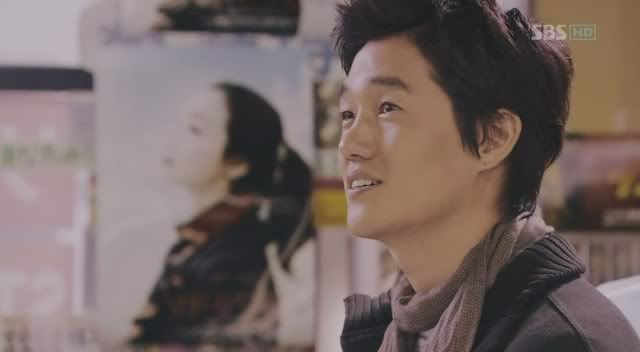
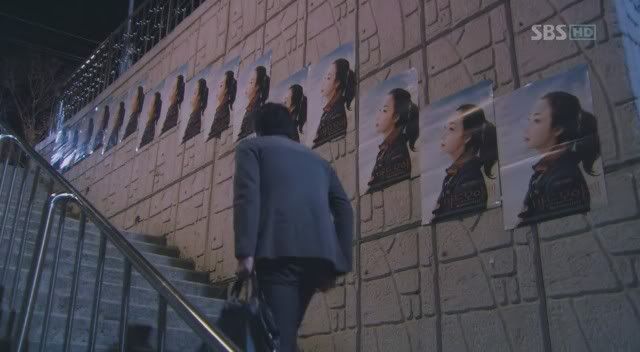
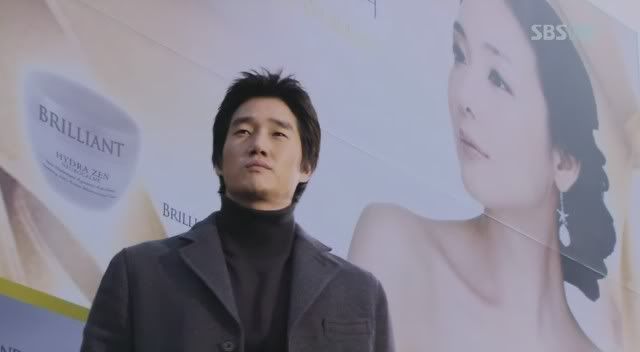
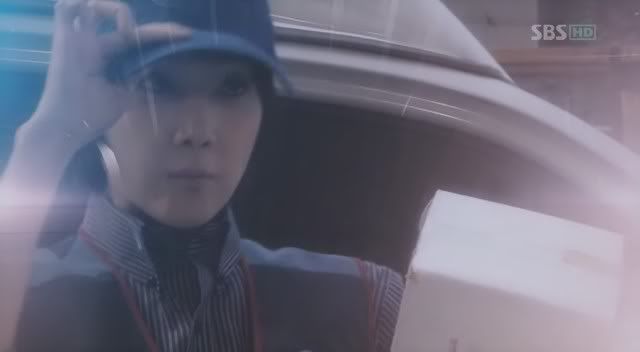
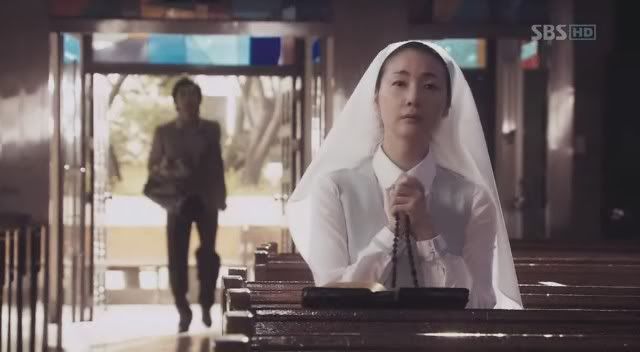
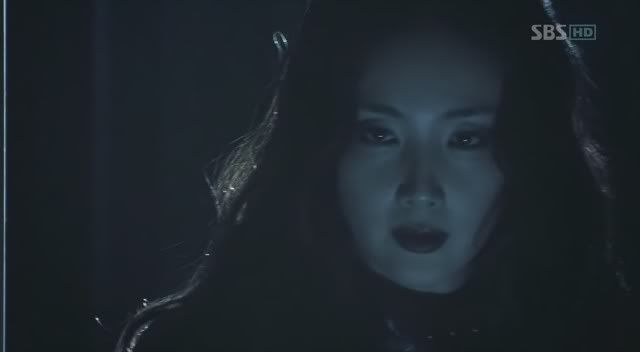
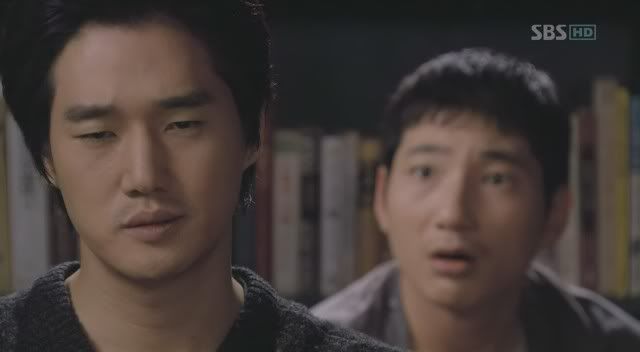
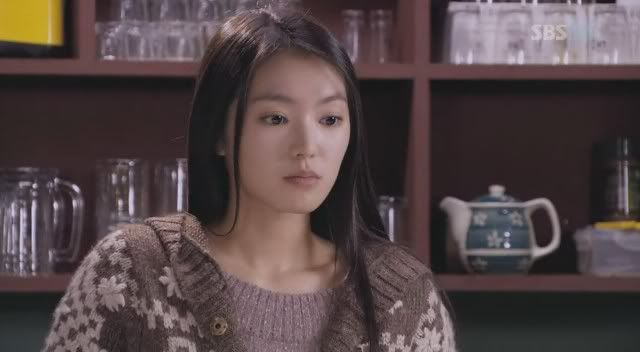
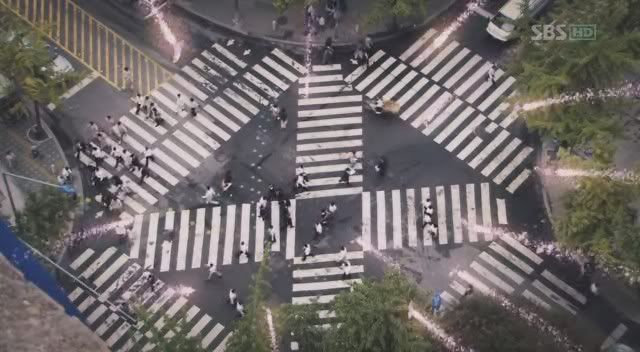
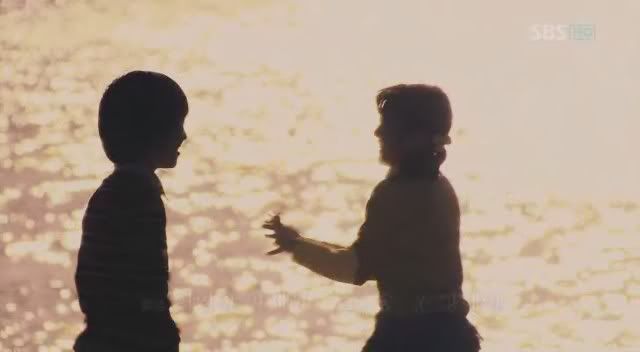
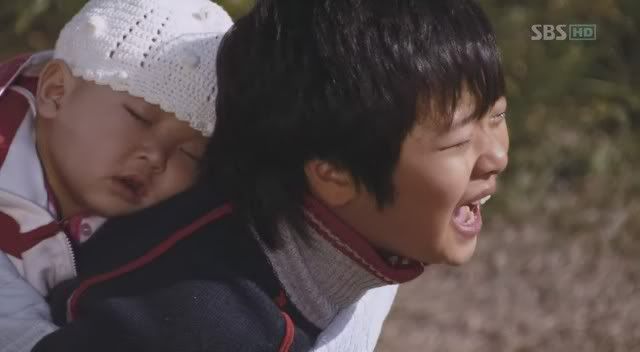
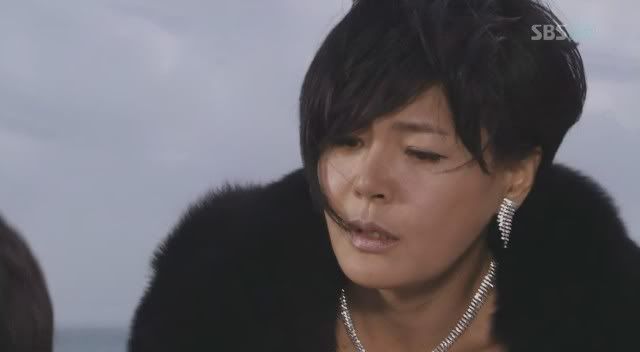
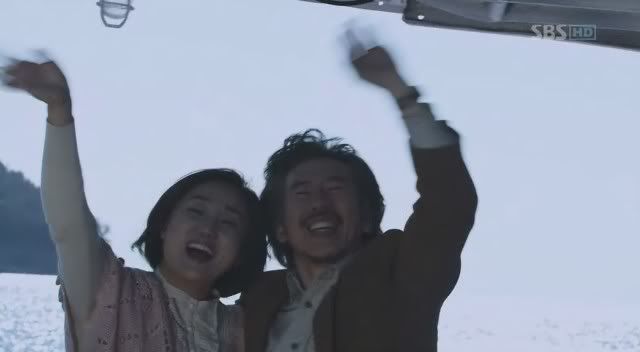
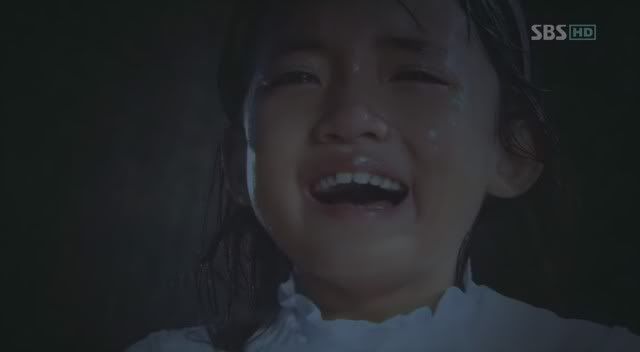
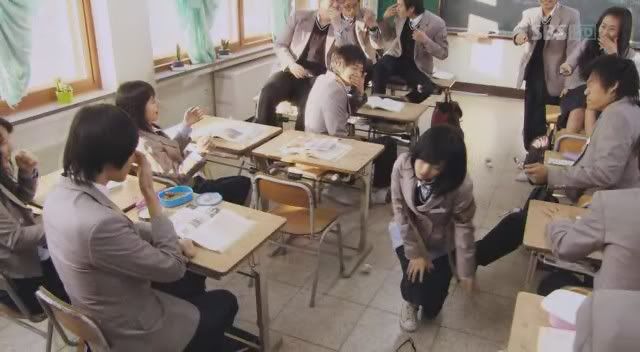
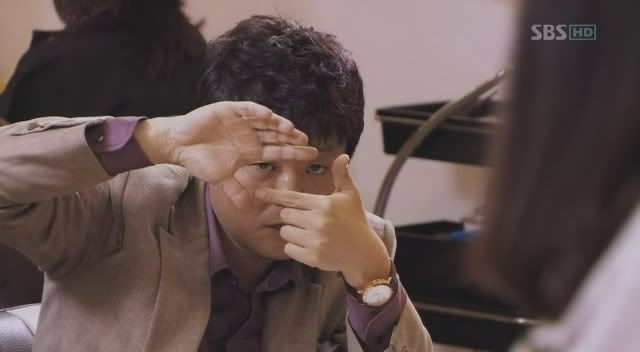

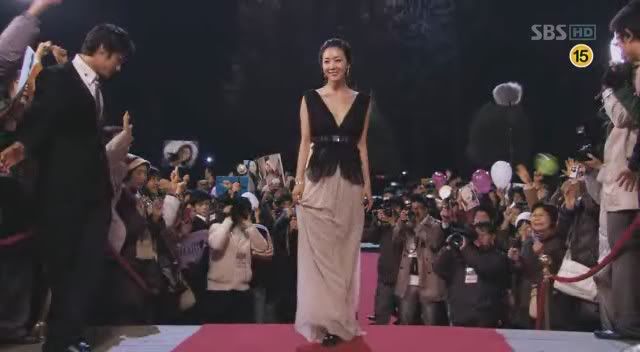
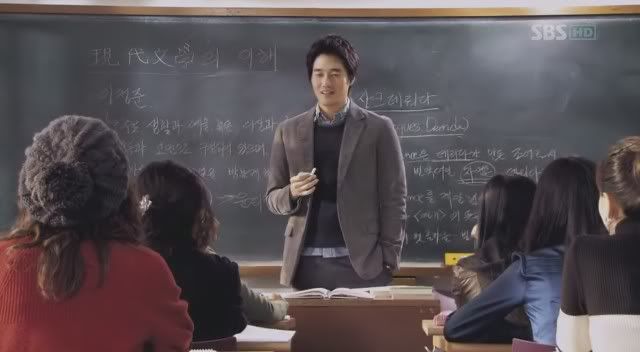
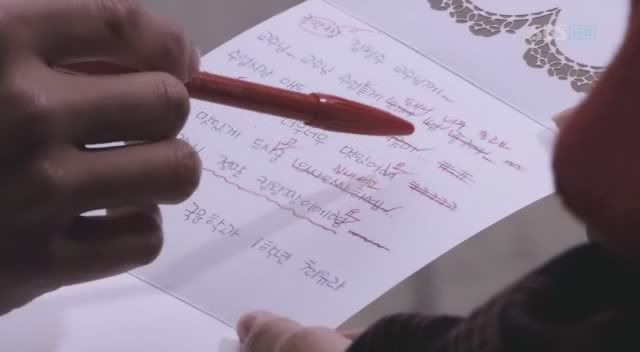
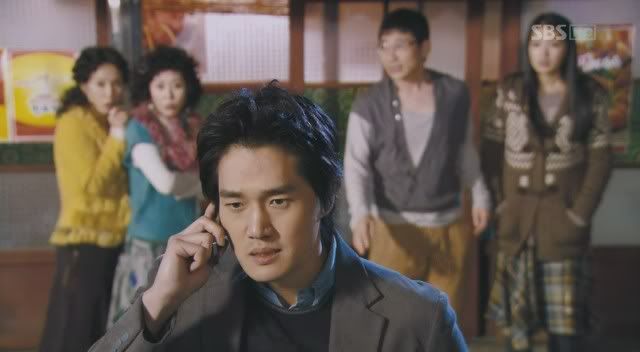
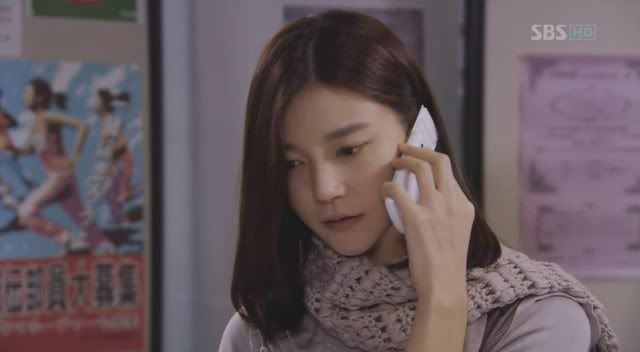
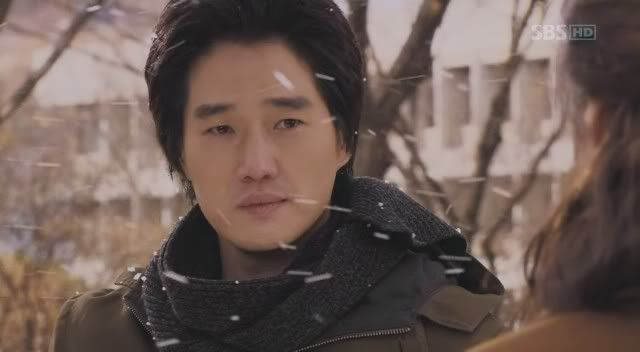
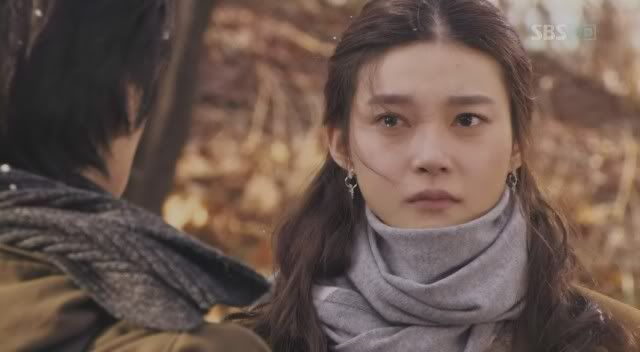
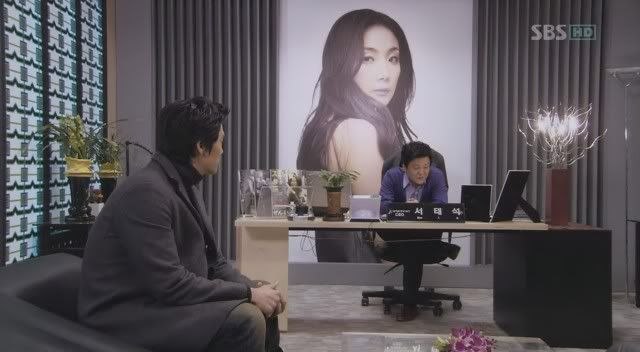
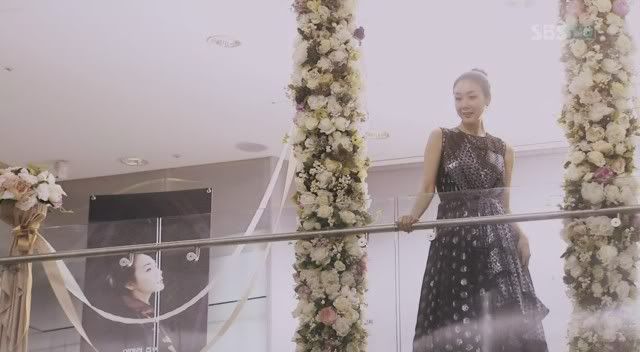
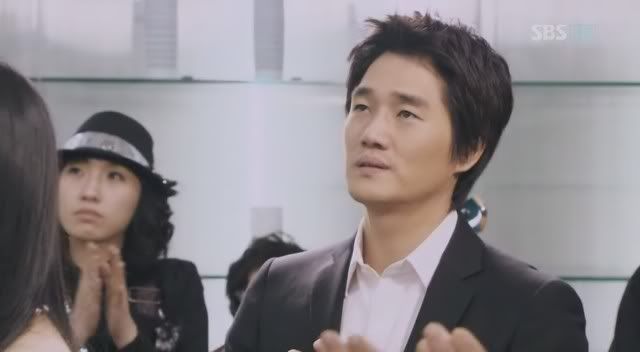
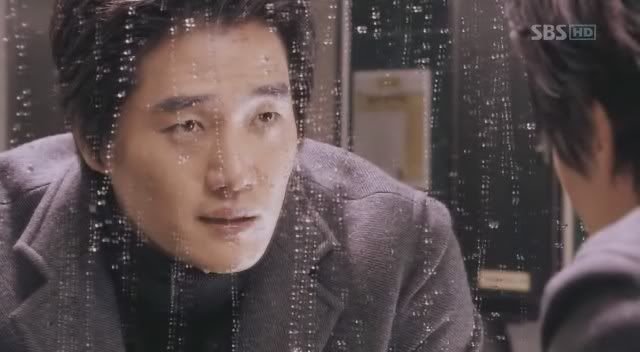

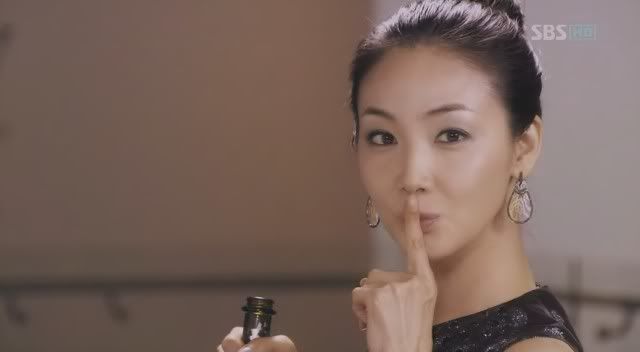
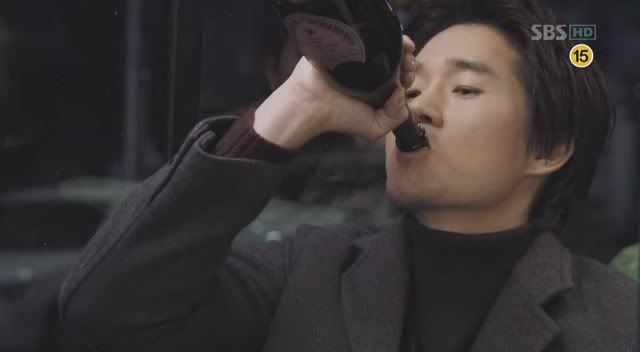
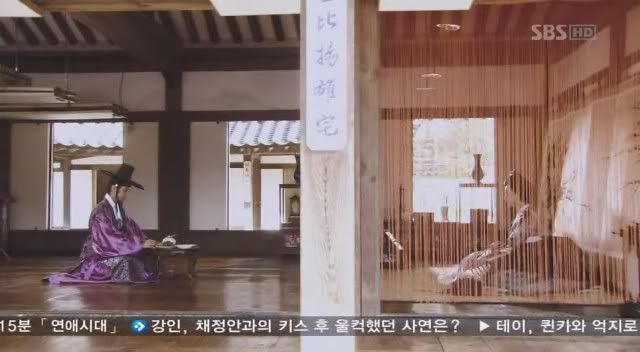
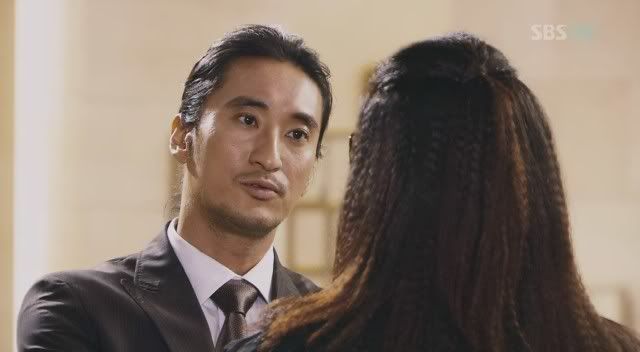
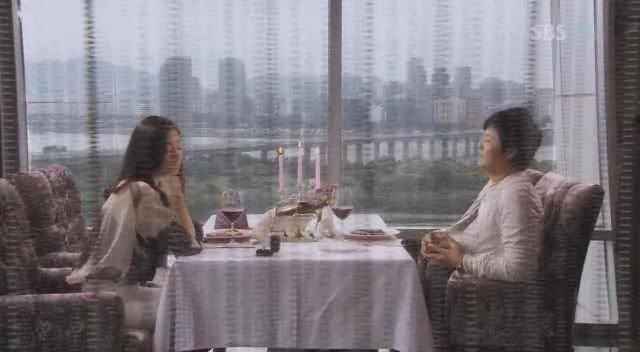
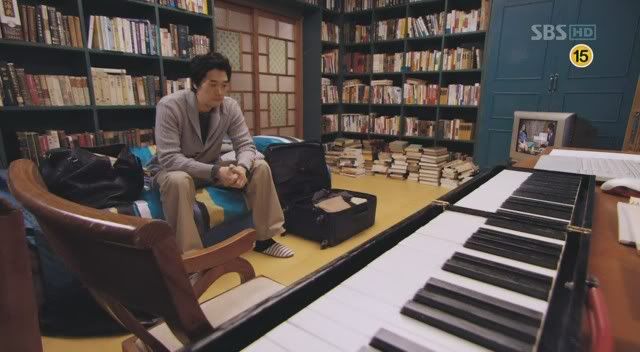


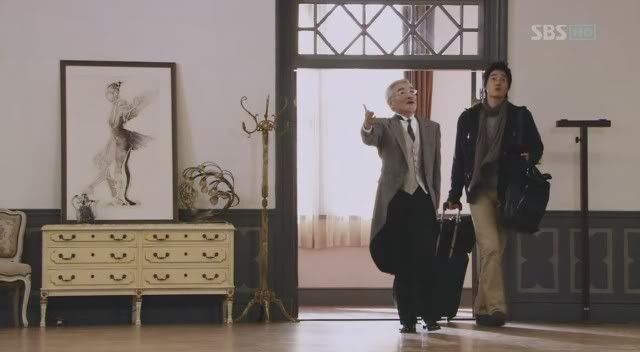
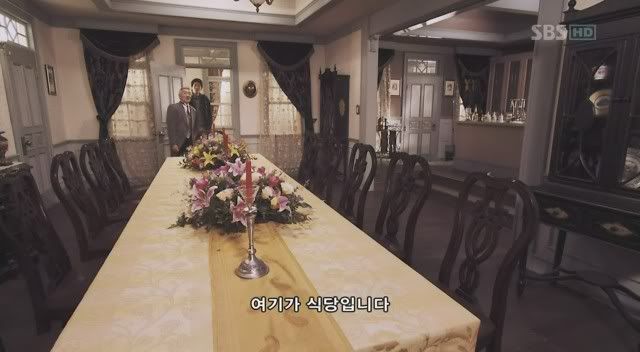
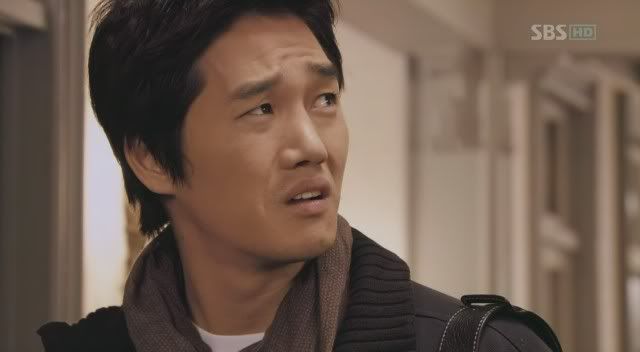
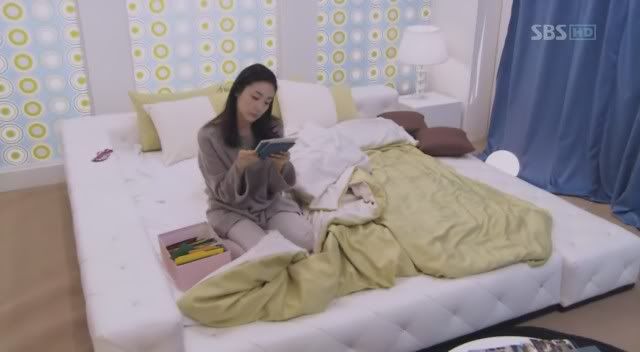
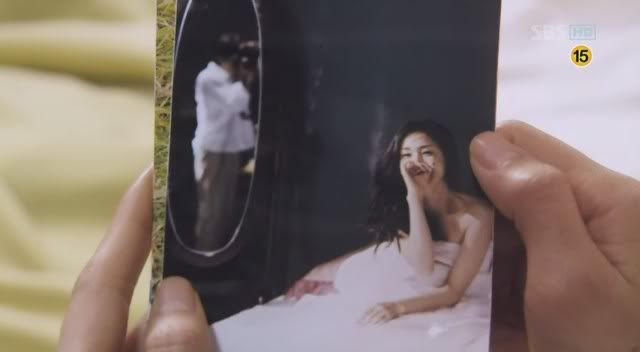
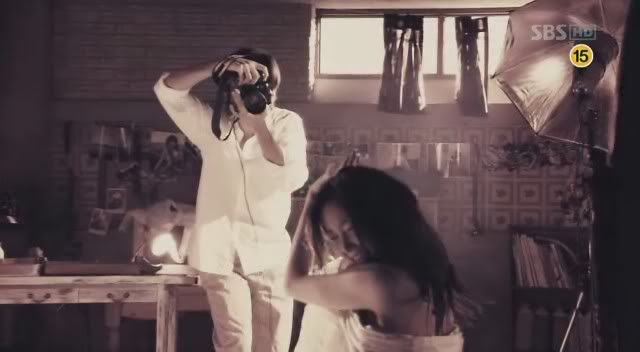
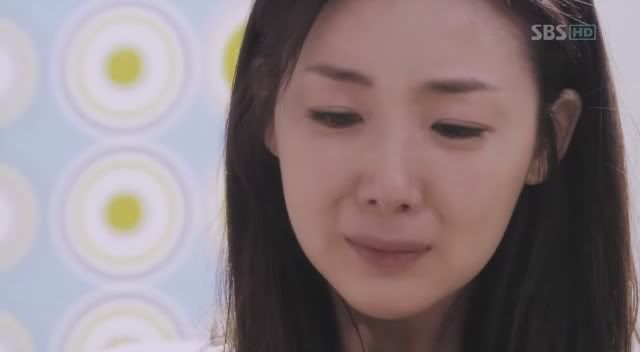
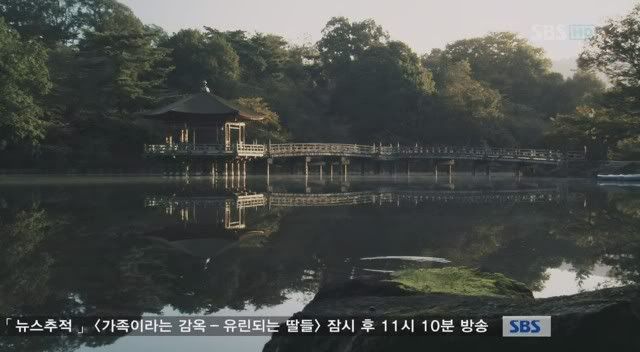
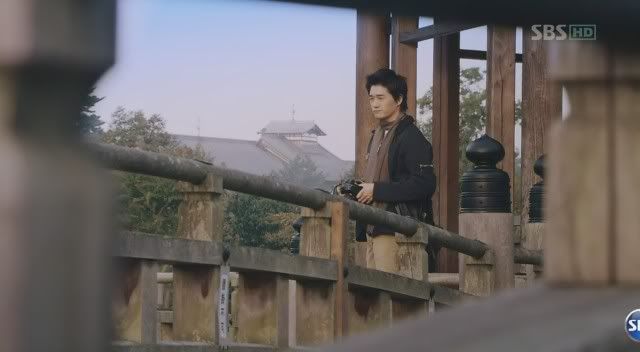
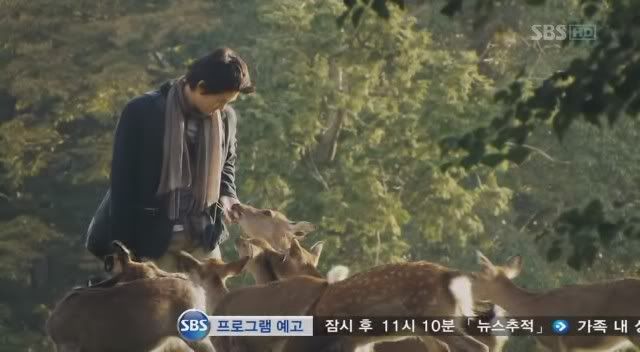
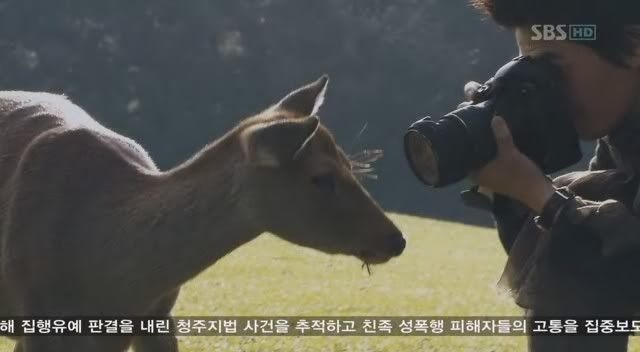

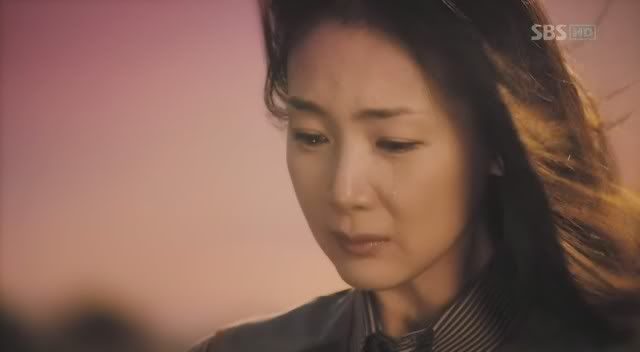

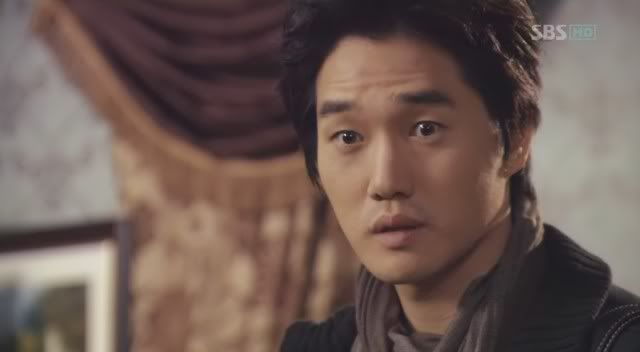
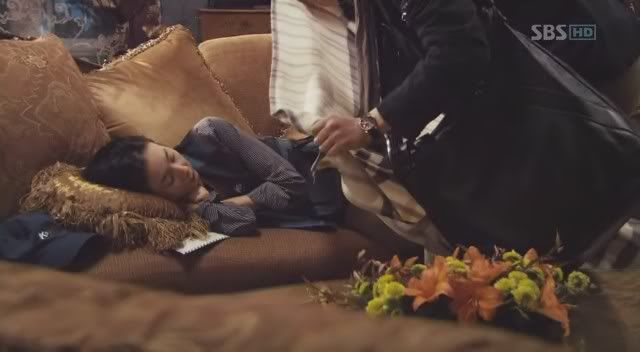

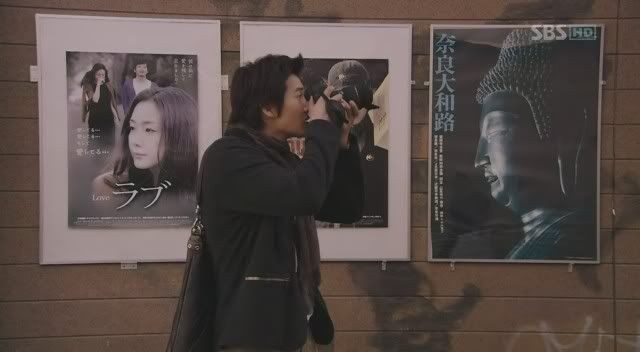
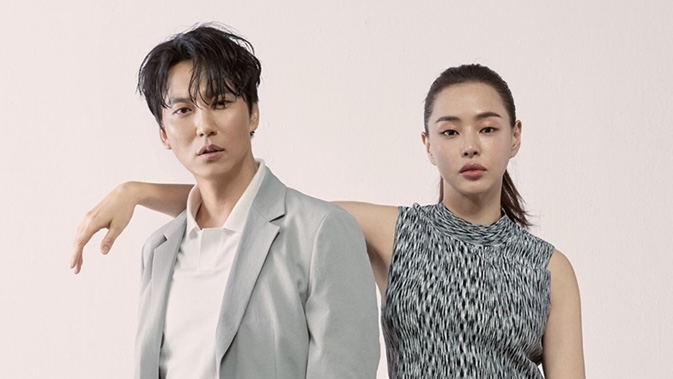
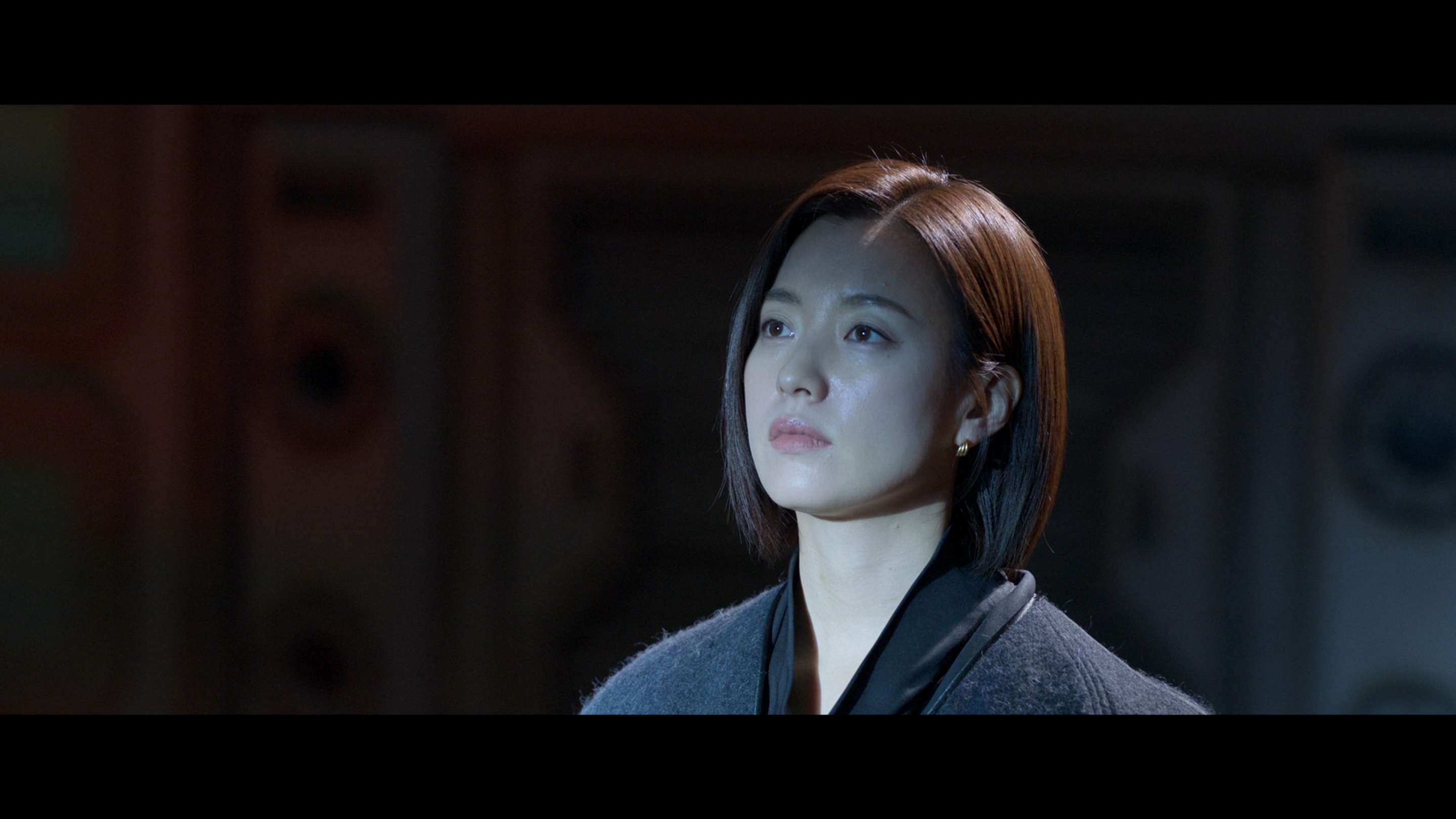
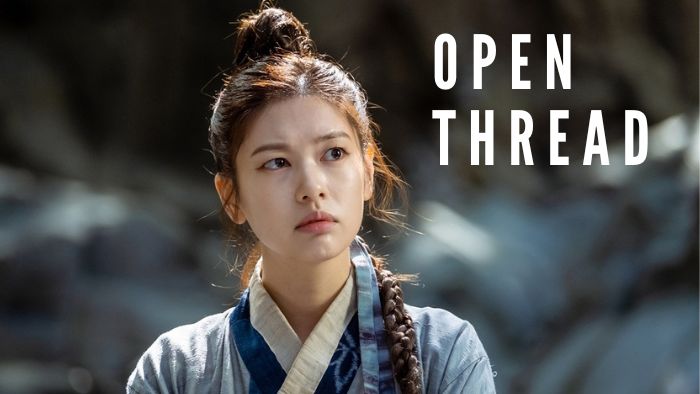
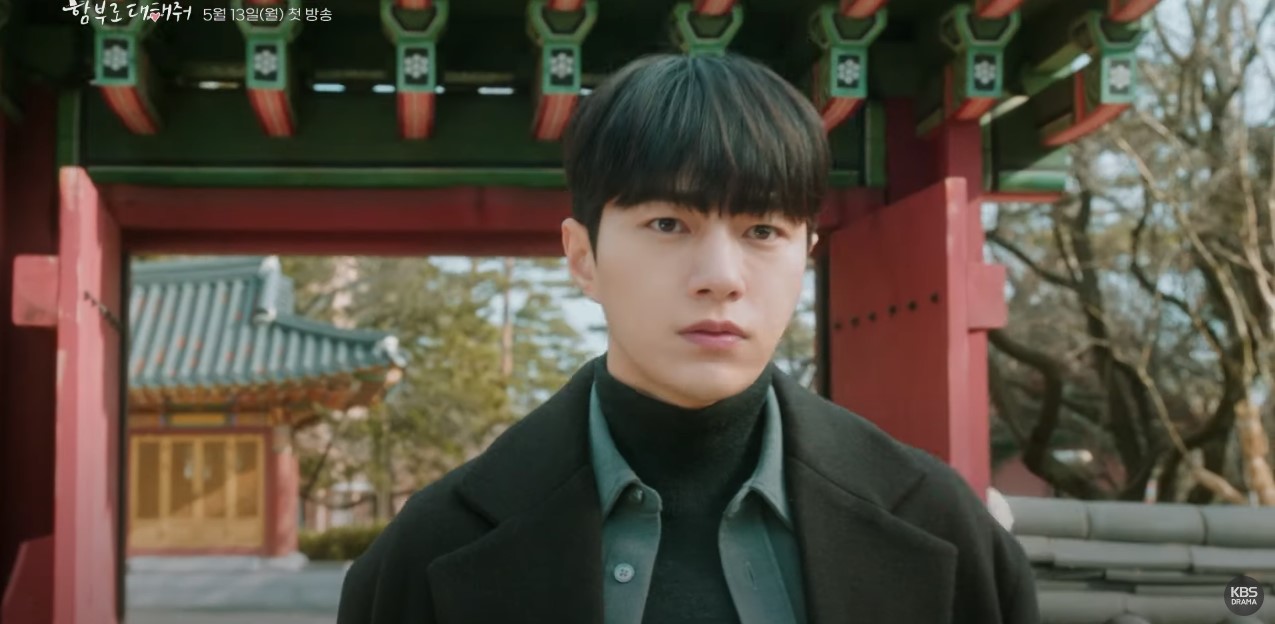
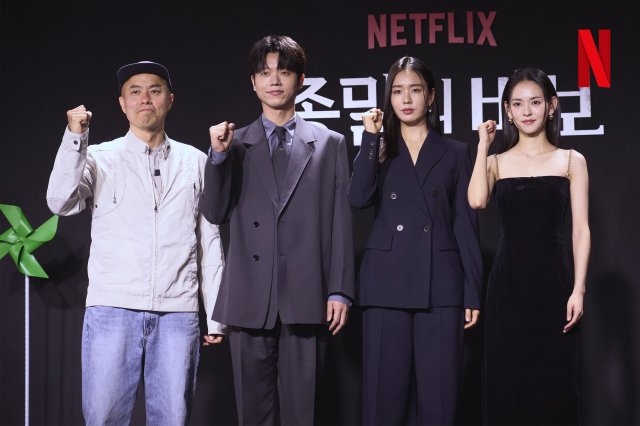
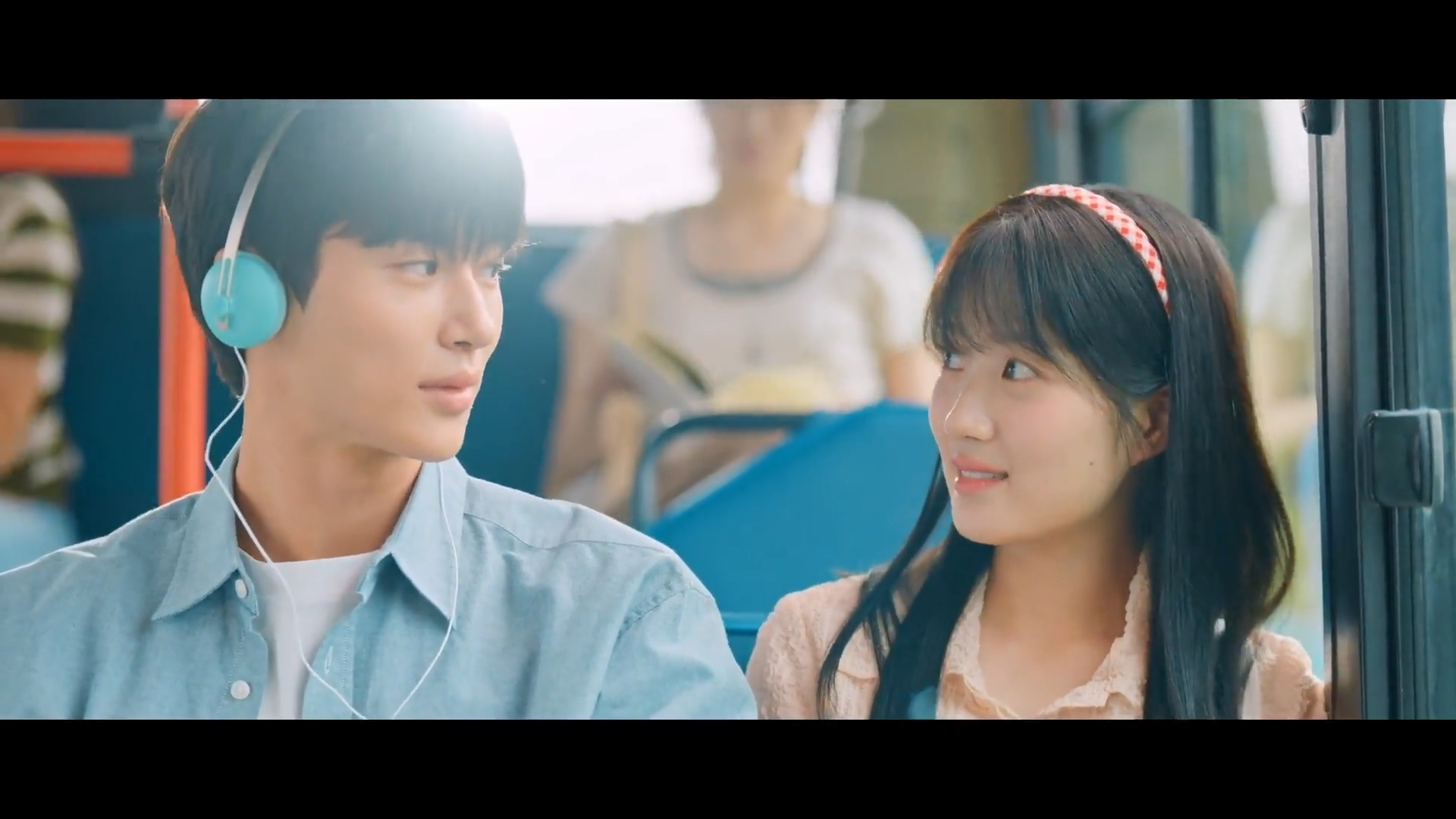
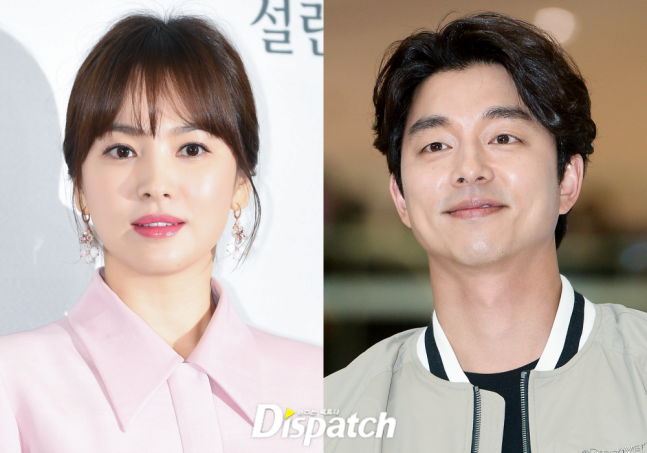
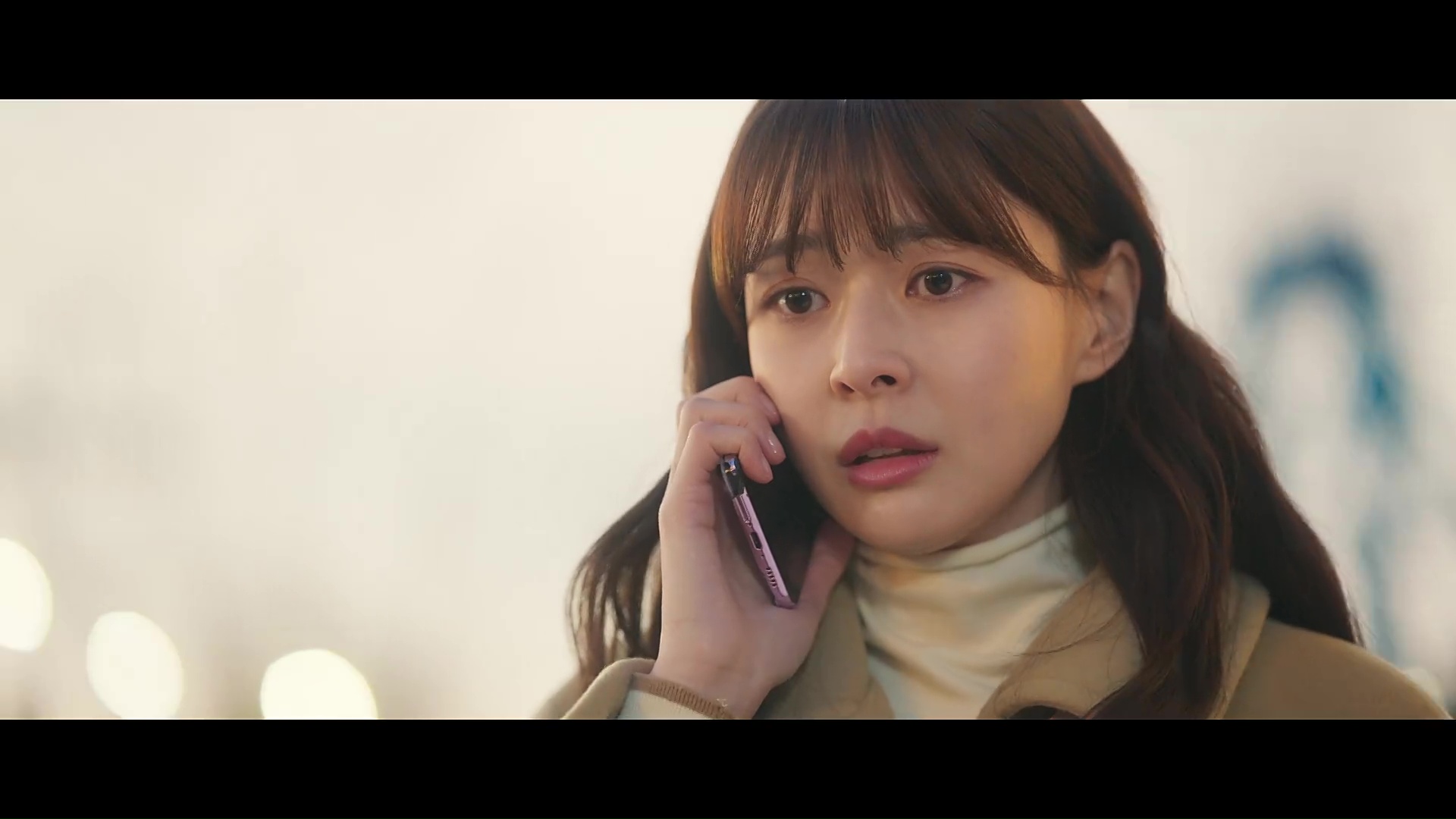
![[K-drama Treasure Hunt] Heart-fluttery bottle opening](https://d263ao8qih4miy.cloudfront.net/wp-content/uploads/2023/05/Kdrama-treasure-hunt.png)
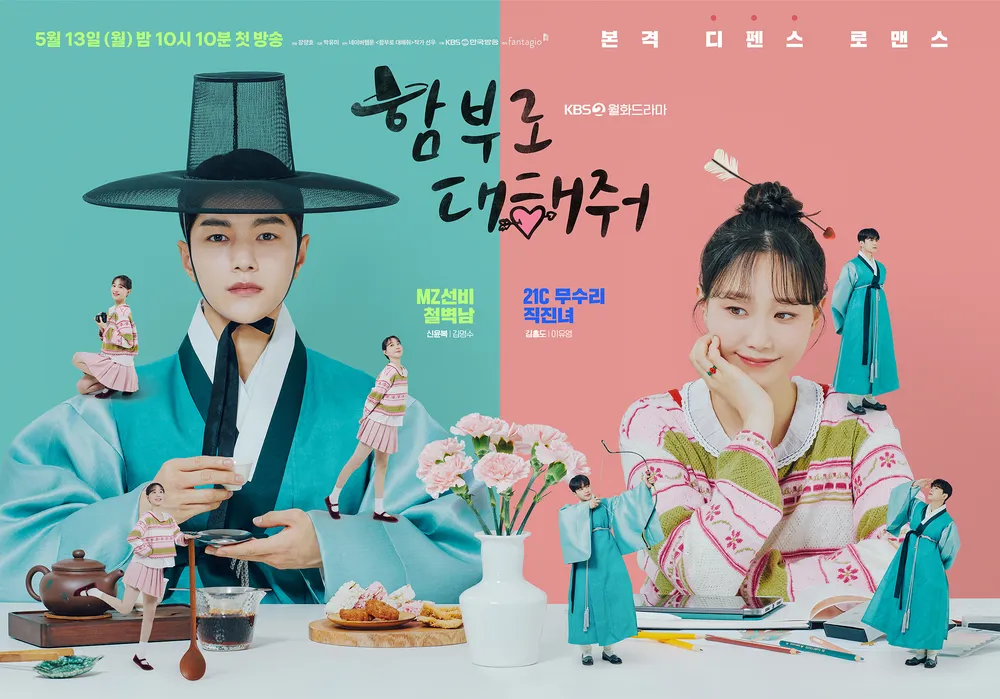
Required fields are marked *
Your email address will not be published. Required fields are marked *
51 Farawayland
December 13, 2008 at 3:39 AM
Thanks for the recap. The plot sounds wonderful. I am looking forward to your next recap.
Required fields are marked *
52 daylin
December 13, 2008 at 9:50 AM
the scenery is just breath taking!!!!
Required fields are marked *
53 Jo
December 14, 2008 at 9:03 PM
I think part of the reason why he didnt cross the line was because he thought he had to be a good child for his mother, and he thought that if he were to cross it, then all of it would mean that his mother was truly leaving him.
just a thought.....:)
Required fields are marked *
54 naraaS
August 13, 2009 at 4:36 AM
wooww thanksssssss youu
Required fields are marked *